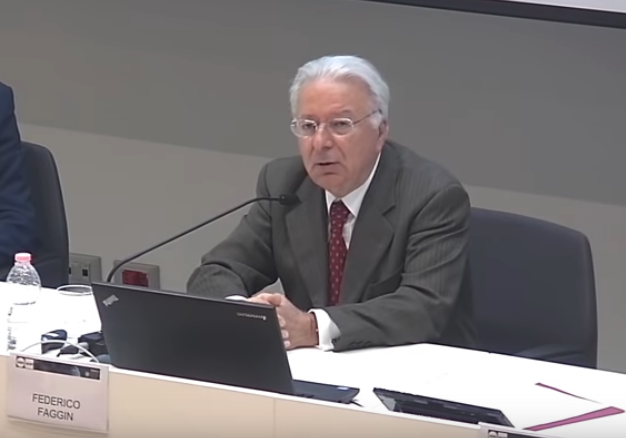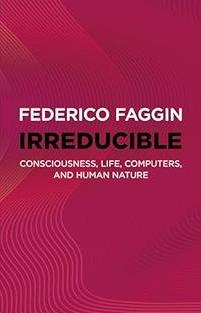|
home | what's new | other sites | contact | about |
||||
|
Word Gems exploring self-realization, sacred personhood, and full humanity
Quantum Mechanics Dr. Frederico Faggin How the inventor of the first microprocessor was led to study consciousness
return to "Quantum Mechanics" main-page
from https://besharamagazine.org/science-technology/consciousness-as-the-ground-of-being/ Richard: Can we begin by covering some of the ground that was in Silicon, by asking how you moved from being a businessman working in computer technology to someone with an interest – indeed, a passion – for research into consciousness. Federico: My interest in consciousness began in the mid 80s, when I started a company to develop artificial neural networks – or rather, emulators of neural networks – so that we could create systems that could learn by themselves. I was studying neuroscience and biology, and I asked myself: ‘How come that all these books never mention consciousness?’ It seemed to me that consciousness cannot be the same as the electrical signals or the biochemical signals that I read about in those books. So I asked: ‘How can we go from electrical signals to feelings? What would it take to make a conscious computer?’ The problem began to haunt me, but I had to try to figure it out in my spare time because solving it was not the objective of the company. And after a while – I mean probably about half a year or a year – it became very clear that what I was asking was impossible to do.
|
||||
|
|

